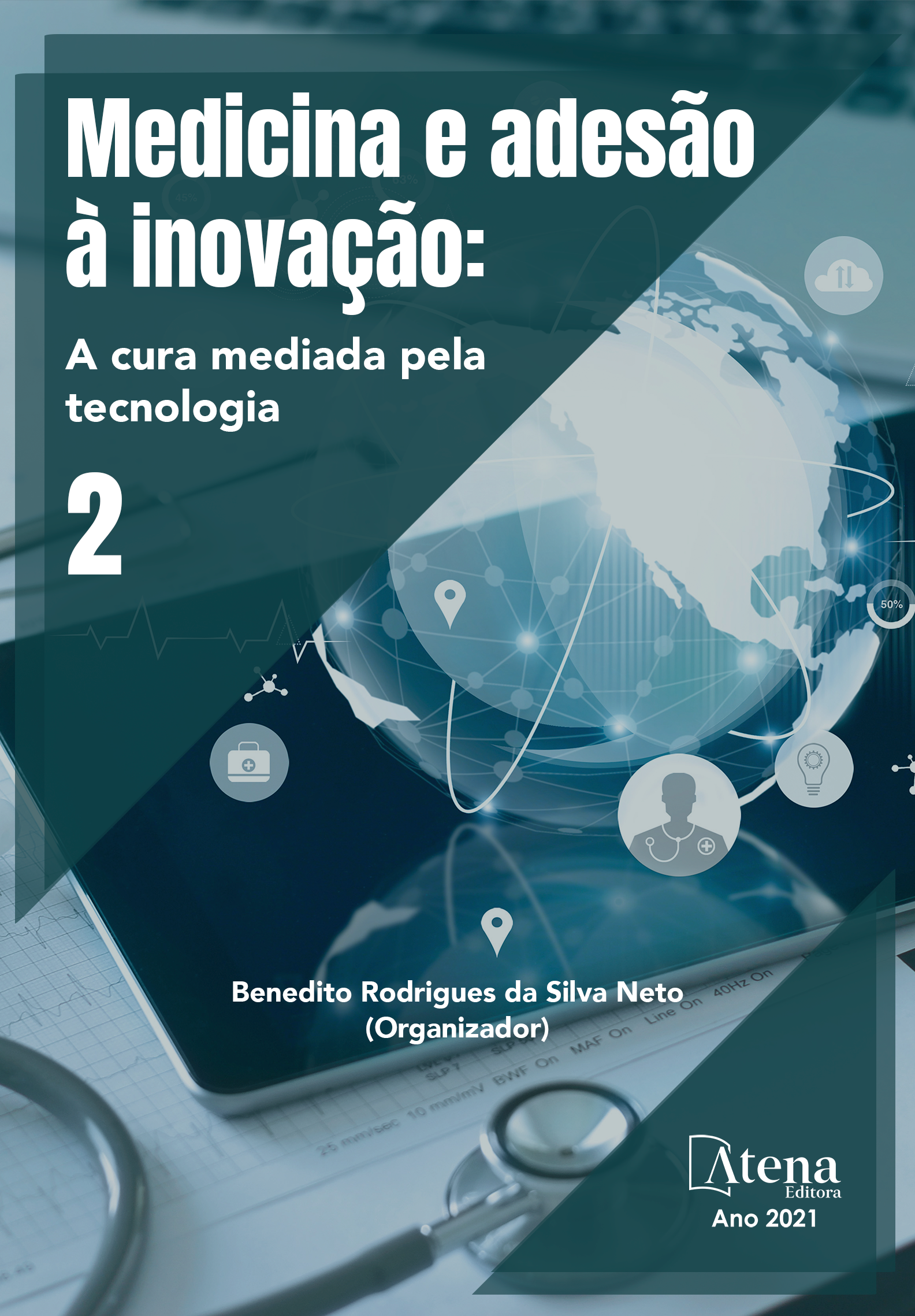
A PRODUÇÃO DO CUIDADO EM SAÚDE MENTAL NA ESTRATÉGIA SAÚDE DA FAMÍLIA
A Psicologia contribui significativamente como parte da equipe multiprofissional na Atenção Básica, considerando os campos da Saúde Mental e Saúde Coletiva ao pensar os processos de produção de saúde, doença e subjetivação. Deve pautar-se em atuação crítica-reflexiva, visando transformações na direção de emancipação das pessoas e fortalecimento da comunidade na qual se insere, apoiada em referenciais da Clínica do Sujeito, Clínica Ampliada, Fortalecimento Comunitário e Atenção Psicossocial. Este manuscrito é fruto de uma experiência de graduandas em Psicologia, que visa discutir as formas de cuidado à saúde em uma Unidade de Saúde da Família. As estratégias Acolhimento em Saúde e Visita Domiciliar possibilitaram aprendizados significativos na articulação Psicologia e Saúde Coletiva, um olhar para além do biopsicossocial: uma compreensão hermenêutica sobre cada pessoa e família, a partir de uma práxis dialógica com as realidades. Destacaram-se duas ferramentas tecnológicas: o Projeto Terapêutico Singular (PTS) e o Matriciamento, práticas que aproximaram o saber-fazer das graduandas com o cotidiano de trabalho da equipe de saúde, e com a realidade da demanda em saúde mental da unidade. Foram acompanhadas 10 famílias no modelo de PTS multiprofissional (9 meses), e 180 Acolhimentos conjuntos com a equipe, destes, estimou-se que 60 pessoas teriam potencial demanda para cuidado coletivo em saúde mental. Os PTS apresentaram as seguintes necessidades de saúde: ideias e comportamentos suicidas, luto, saúde mental infantil e ansiedade. Os principais desafios da atuação da Psicologia nesse contexto estão relacionados à construção de uma prática psi divergente do atendimento clínico tradicional; à defesa e consolidação das ações em saúde que se constituem para além do modelo biomédico; problematizar com a equipe e com usuários representações sobre saúde mental e vínculos. Destaca-se ainda os desafios da apropriação cotidiana, pela equipe, do Cuidado a partir da Clínica Ampliada e da Clínica do Sujeito.
A PRODUÇÃO DO CUIDADO EM SAÚDE MENTAL NA ESTRATÉGIA SAÚDE DA FAMÍLIA
-
DOI: 10.22533/at.ed.5732104082
-
Palavras-chave: atenção básica em saúde; saúde mental; acolhimento; projeto terapêutico singular; apoio matricial
-
Keywords: Primary Health Care; Mental Health; Attention process in health; Singular Therapeutic Project; matrix support
-
Abstract:
Psychology contributes significantly as part of the multiprofessional team in Primary Care, considering the Mental Health and Public Health when thinking about the processes of production of health, disease and subjectivity. It should be based on critical-reflexive action, aiming at changes in the direction of emancipation of people and community empowerment in which it operates, supported by references from the Clinic of the Subject, Amplified Clinic, Community Empowerment and Psychosocial Care. This manuscript is the result of an experience of undergraduate students in Psychology, which aims to discuss the forms of health care in a Family Health Unit. The Attention process in health and Home Visit strategies enabled significant learning in the articulation of Psychology and Collective Health, a look beyond the biopsychosocial: a hermeneutic understanding of each person and family, based on a dialogical praxis with the realities. Two technological health care tools were highlighted: the Singular Therapeutic Project (STP) and Matrixing, practices that brought the undergraduate know-how closer to the health team's daily work, and with the reality of the unit's mental health demand. 10 families were followed up in the multiprofessional STP model (9 months), and 180 joint care with the team. Of these, it was estimated that 60 people would have a potential demand for collective mental health care. The STP had the following health needs: suicidal ideas and behaviors, grief, child mental health and anxiety. The main challenges for the work of Psychology in this context are related to the construction of a psi practice that differs from traditional clinical care; the defense and consolidation of health actions that are constituted beyond the biomedical model; problematize representations about mental health and bonds with the team and users. It also highlights the challenges of daily appropriation, by the team, of Care from the Expanded Clinic and the Clinic of the Subject.
-
Número de páginas: 15
- Maria Gabriela Tasca Chaguri
- Giovanna Romano Bombonatti
- Luciana Nogueira Fioroni
- Mariana Casarotto


